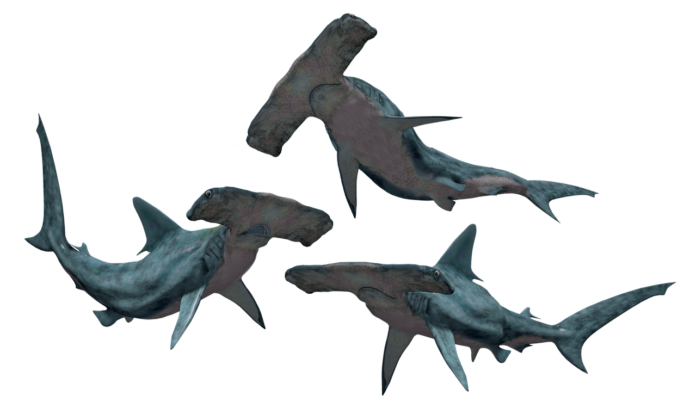A cutting-edge TV series, “Cocaine Sharks,” is set to make a splash during Discovery Channel’s popular “Shark Week” this week. Marine biologist Tom Hird and Tracy Fanara (the University of Florida environmental scientist) have teamed up to explore the possibility of sharks ingesting drugs dumped in the ocean by drug smugglers off Florida’s coast.
Driven by the alarming quantities of drugs washing up on beaches and being confiscated by authorities each year, the researchers initiated a series of experiments on sharks in the Florida Keys region. Fishermen’s tales of drug-influenced fish prompted the need for investigation.
“Our primary concern is how pharmaceuticals, chemicals, and illicit substances get into our waterways and oceans, potentially impacting delicate ocean ecosystems,” explained Hird.
During their underwater exploration, Fantana and Hird observed peculiar behavior among some sharks. A hammerhead shark, known for avoiding human presence, displayed an unusual aggressive approach toward the researchers. Additionally, a sandbar shark seemed fixated on an absent object, swimming in tight circles at a depth of 60 feet.
To further comprehend sharks’ interaction with drugs, they tested the response of sharks to packages resembling cocaine bales. Surprisingly, sharks showed great interest in these simulated packages, even taking bites out of them and carrying one away.
Curious about the potential effects of drugs on sharks, the team attempted to replicate the intense dopamine response triggered by cocaine. Using a highly-concentrated fish powder, they observed the sharks going into a frenzy.
“In my view, we’ve encountered a plausible situation resembling what could happen if sharks were given cocaine,” remarked Hird on the program. “We provided them with what I consider a close alternative. Their brains were ignited. It was astonishing.”






